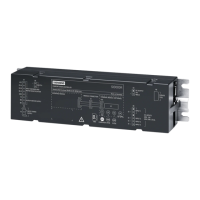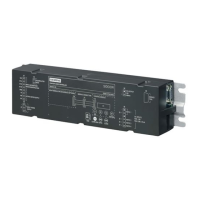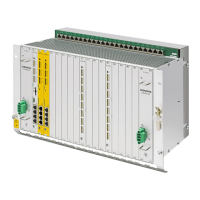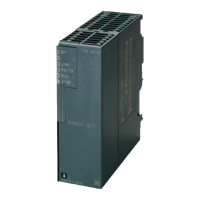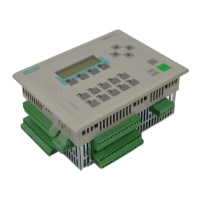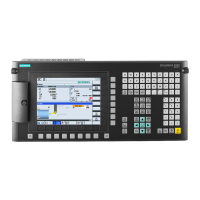The subsequent response to a detected obstruction depends on the user-dened parameter
assignment. The following properties can be congured separately for the opening and closing
directions:
• Obstruction detection
• Direct response
• Behavior following an obstruction
Basically, the same parameters are available for both drive directions. This means that either the
same or dierent obstruction behavior can be congured for each direction.
The obstruction detection is a dynamic system that responds as a function of both position and
time. The obstruction detection is dynamically activated or deactivated according to these
dependencies. You can nd more detailed information in the section Expert conguration
(Page 90).
4.3.8.1 Obstruction detection process
The obstruction detection is based on two processes that are independent of the direction: force
obstruction detection and stop obstruction detection.
The following denitions are based on the speeds and are thus independent of the direction.
The obstruction detection systems assume that the system is actively being moved (drive order).
• Force obstruction detection
The current speed is > 90 mm/s, and drops by more than 90 mm/s in comparison to the
maximum speed reached during the current movement.
If the system then moves for the set duration (p3854 and/or p3871) at the upper force
limitation, a force obstruction is detected in the current drive direction.
• Stop obstruction detection
If the current speed for the congured time (p3853 or p3870) is less than 10 mm/s, a stop
obstruction corresponding to the current direction of travel is detected.
As of V1.09:
If the door was in the CLOSED position for at least 3 seconds and the door is then pushed open
by an external force when the DOOR CLOSED command is set, no obstruction is detected when
the door is moved to the CLOSE direction.
SIDOOR functions
4.3 Extended functions
ATD4xxW for industrial applications
System Manual, 06/2022, A5E51901827B AA 87
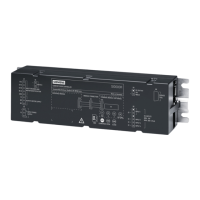
